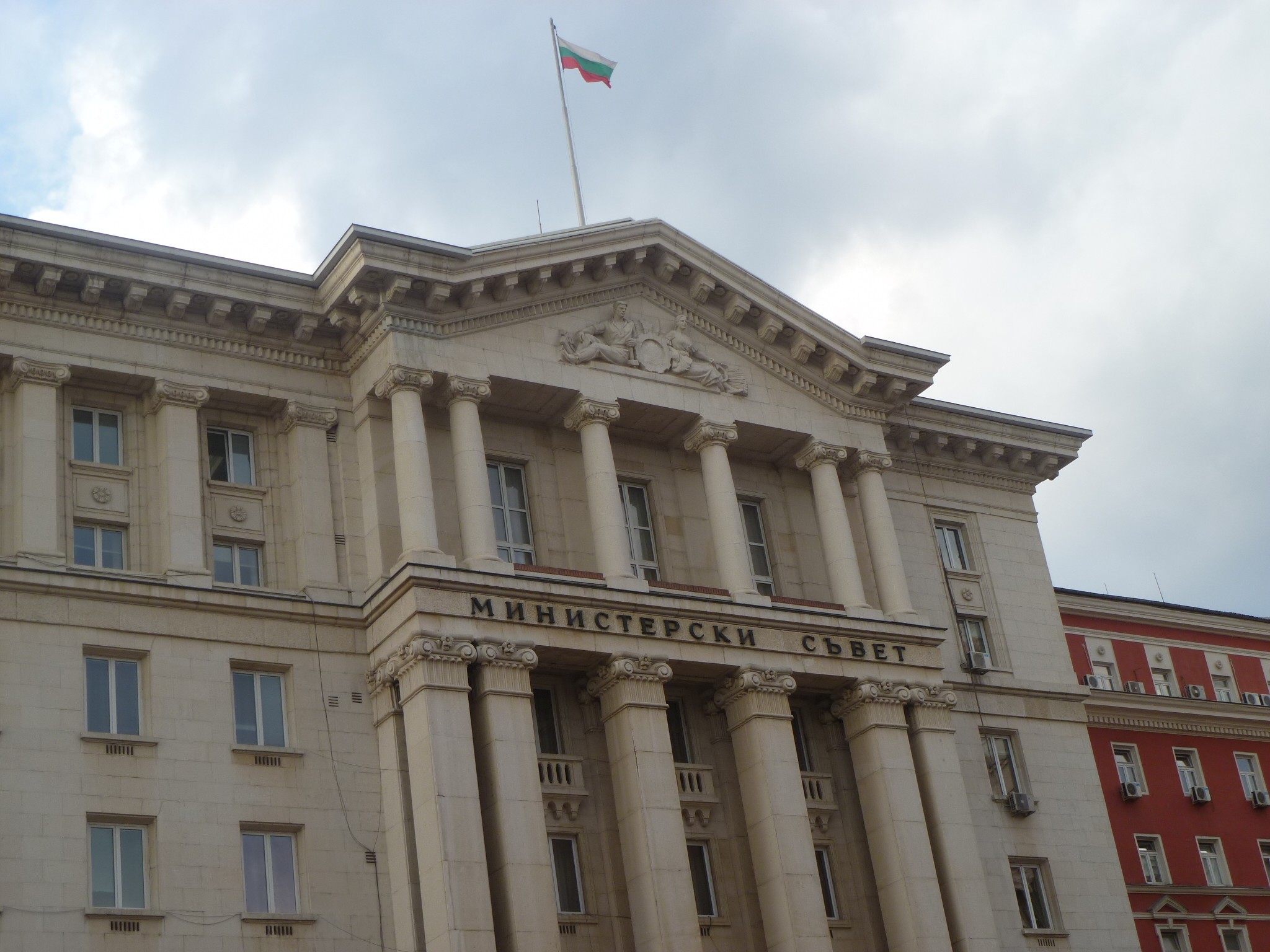The priorities of the 2020 budget which build on the priorities and assumptions for the development of the sectoral and horizontal policies, as laid down in the medium-term budget forecast, are: education, healthcare, defence, pension policy and income policy.
Education.
In 2020 – 2022, the implementation of the measures aimed at enhancing the attractiveness of the teaching profession and the motivation of existing teachers will continue. The entry of young and highly educated people into the education system will inevitably have a positive impact on the quality of knowledge and skills that pupils acquire. Encouraging secondary-school graduates with high educational results to obtain pedagogical education and to start working in the education system is one of the priority measures whose implementation will make it possible to overcome the expected shortage of pedagogical specialists. In the “Education” sector, measures aimed at improving the social status of teachers will continue to be implemented and, to this end, an additional annual allocation of BGN 360 million will be made available to increase the remuneration of pedagogical staff. The aim is to double in 2021, as compared to 2017, the funds for remuneration of pedagogical specialists.
Healthcare.
The main priorities in the healthcare sector for the three-year period are to ensure financial sustainability and availability of resources for the healthcare system, with the aim of improving the health of the population, improving and maintaining the quality of life by means of reducing premature mortality and morbidity rates as well as addressing regional imbalances and ensuring functional interaction among the different levels of medical care. The establishment of the National Healthcare Information System by means of using new technologies in the area of eHealth is among the priorities aimed at improving the quality and efficiency of processes in the healthcare system.
Defence.
In the period 2020 – 2022, the policy pursued by the government in the area of defence remains a priority. Funds are provided to maintain and develop the national defence capacities as well as the capacities related to the collective defence, including funds for implementation of the investment projects adopted by the National Assembly. The relative share of capital expenditures in total expenditures on defence is above the 20% NATO criterion. Defence expenditures are in line with the National Plan to increase expenditures on defence to 2% of Bulgaria’s GDP by 2024.
Pension policy.
From 1 July 2020, all pensions granted until 31 December 2019 are planned to be increased by 6.7% (the percentage is determined as per the so called “Swiss rule” under Article 100 of the Social Insurance Code), and from 1 July 2021 and 1 July 2022, pensions granted until 31 December of the preceding year will also be updated according to the “Swiss rule”. For the period 2020 – 2022, the weight of one year of contributory service in the pension formula remains 1,2.
Income policy.
In addition to the increase of the minimum wage (from 1 January 2020 to BGN 610, from 1 January 2021 to BGN 650, with the amount of BGN 650 being maintained in 2022) already laid down in the medium-term budget forecast from this spring, the present forecast provides for a 10% increase in 2020 of the wage bill for the staff hired under employment and service contracts, including of the funds for social insurance contributions, which will have an impact on the remuneration of employees in the public sector. Based on increased staff expenditures, this allow for increasing the individual basic monthly wages of the persons employed depending on the position occupied and the performance assessments. For the period 2020 – 2022, the social insurance policy provides for an increase in the minimum contributory income for self-employed persons, to BGN 610 for 2020 and to BGN 650 for 2021 and 2022, respectively, as well as for an increase in the minimum contributory income for registered farmers and tobacco growers from BGN 400 to BGN 610 from the beginning of 2020. The levels of minimum contributory income by main economic activities and qualification groups of professions from 2019 are maintained; adjustment is made only in respect of the positions below the amount of the minimum wage for 2020, i.e. BGN 610. The maximum contributory income for all insured persons is maintained at BGN 3 000, The Finance Ministry wrote in a press release.

